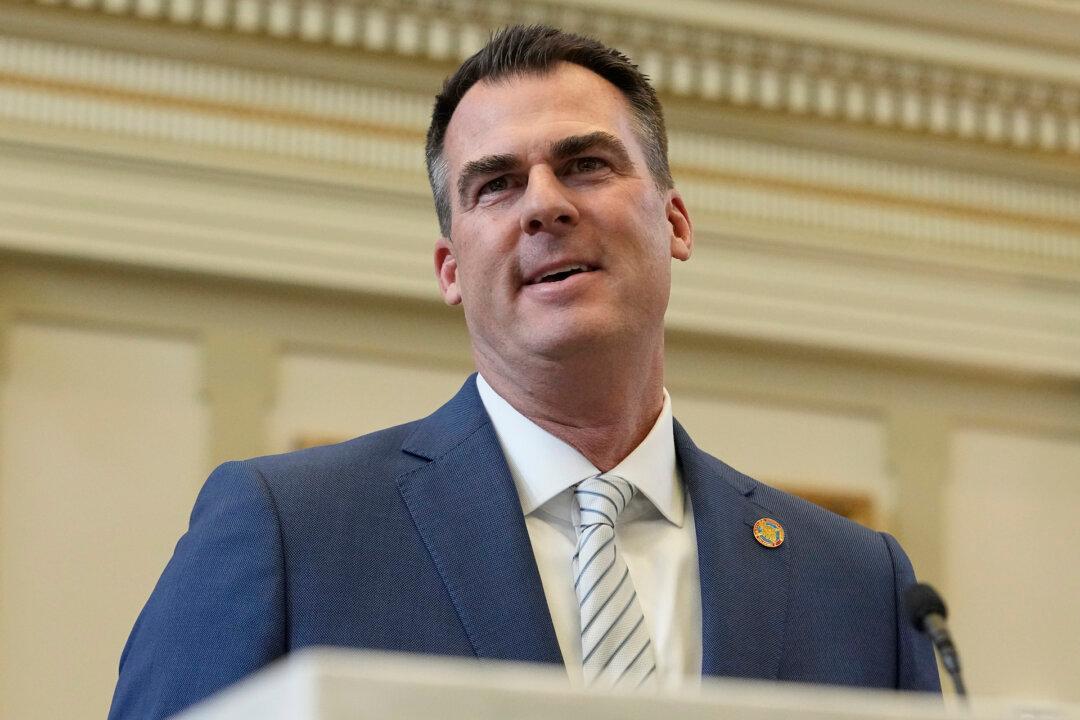Oklahoma Gov. Kevin Stitt has issued an executive order mandating that public universities across the state review and dissolve “diversity, equity and inclusion” (DEI) positions and programs, which he called a waste of taxpayers’ money.
The order (pdf), signed on Wednesday, requires all state agencies and institutions of higher education to not only report how much money their DEI efforts cost, but also to stop funding any measure that essentially favors or prefers one particular race, sex, or ethnicity over another.





